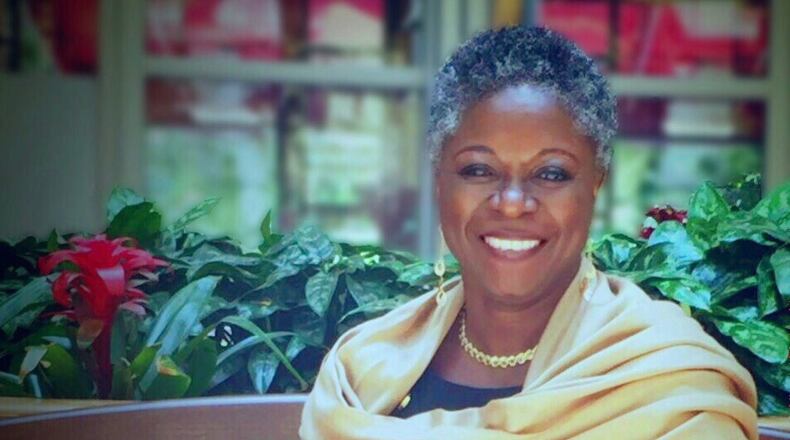A proposed $1 million budget cut to Georgia’s public defender system could lead to the state being engulfed in costly litigation over the right to counsel.
The cut would cripple the Georgia Public Defender Council’s appellate office, its director notified judges across the state on Monday. The office has 12 lawyers who represent hundreds of inmates with their appeals.
The council is considering a number of options if the money is taken away as part of a larger effort to meet a $2.2 billion decline in revenue for the next fiscal year that’s tied to the coronavirus recession. But it will mean compromising legal representation, said Brandon Bullard, the head of the Office of Appellate Defender.
“I am ashamed to tell the court that we may not be able to meet our obligations, and even moreso that I cannot say specifically how the council intends to meet its obligations under the Indigent Defense Act,” Bullard wrote in a letter to Chief Justice Harold Melton. “I hope the court will accept my apologies.”
The state’s public defender system, created in 2003, replaced underfunded and poorly run county programs. The largely unified new system has been considered an improvement, although it has struggled to get adequate funding.
In 2010, a lawsuit filed against the state exposed a gaping hole in the system. It showed that hundreds of inmates had been languishing in prison for years without a lawyer to file an appeal to challenge their convictions. The state found that all but impossible to defend because the U.S. Supreme Court, in a 1963 decision, said there is a constitutional right for an inmate to be provided counsel for his or her appeal.
The state and lawyers representing the inmates entered into a consent decree under which the state agreed to hire new lawyers to handle the appeals. The state also agreed to pay lawyers representing the inmates $695,000 in attorneys' fees.
If the budget cuts eliminate the council’s appellate division, similar litigation could follow, said Atlanta lawyer Mike Caplan, who filed the initial lawsuit a decade ago.
“It would be really unfortunate if the budget cut leads us right back to the same circumstances that caused the first lawsuit,” Caplan said. “The fact is that should have been a lesson learned.”
Caplan also criticized more deep cuts to pay for expert witnesses in indigent defense cases.
“There has to be a parity in order to have a fair trial,” he said, predicting the absence of such witnesses could lead to convictions being overturned and new trials.
“Somebody is ultimately going to have to pay for all this,” Caplan said. “The final cost will be five or 10 times the actual savings that are achieved this year.”
Sara Totonchi, executive director of the Southern Center for Human Rights, called on lawmakers to restore the funding.
“The proposed cuts will bring an already struggling public defender system to its knees,” she said. “The ripple effects will deeply harm families, courts and communities across Georgia for months and years to come.”
Omotayo Alli, the executive director of the state defender system, said her agency has sought to maintain its current budget through the next fiscal year, which begins July 1. But it had to cut it by 7.5% because of the state’s revenue shortfall.
“The economic climate has fostered hard decisions on legislators, state agencies, and citizens,” Alli said. “Though GPDC will not be exempted from budget reductions, we will continue to ensure that we provide effective appellate representation to all who qualify.”
Lawmakers have yet to approve a final budget. The 7.5 percent cut to the public defender system is less than average for many other departments, such as schools and universities that are being cut closer to 10 percent.
About the Author
Keep Reading
The Latest
Featured




